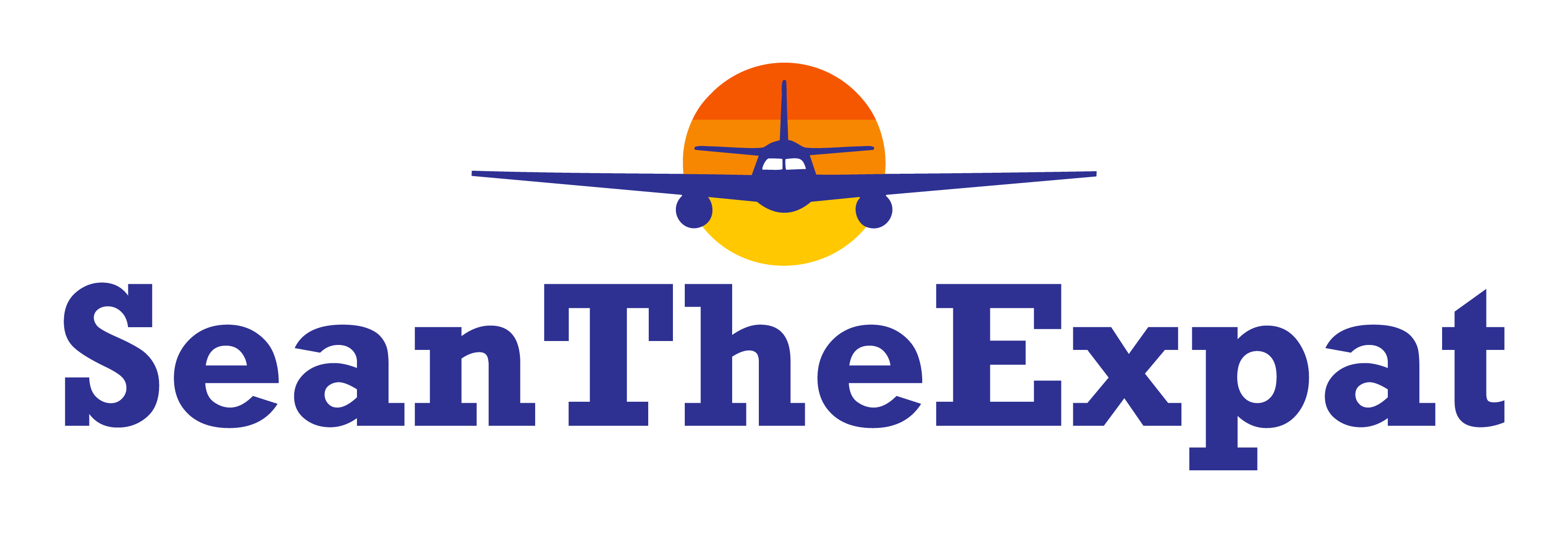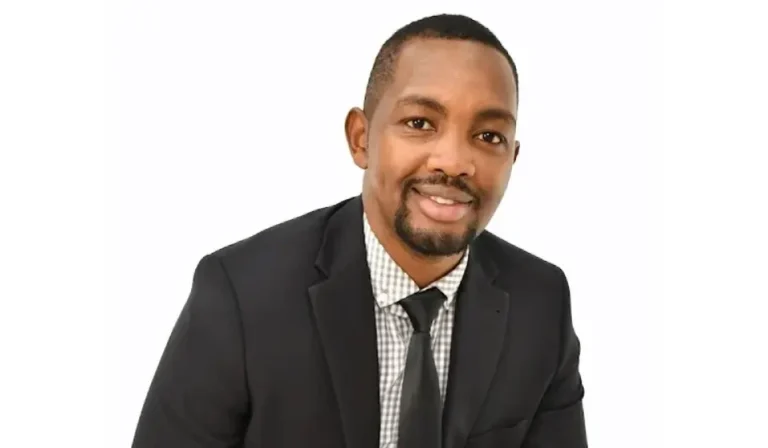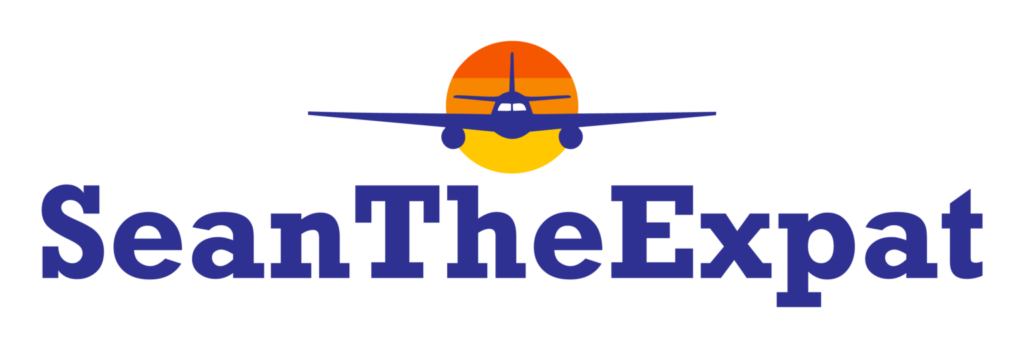Why Universities Are The Unplugged AI Readiness Link
Artificial Intelligence (AI) is redefining economic opportunity globally. As explored in the first part of this series, The Race for AI Leadership: Africa’s Moment of Decision, Africa’s burgeoning youth population presents both a significant demographic dividend and a critical challenge. Poised to deliver over one-third of the global workforce by 2050, the continent risks seeing this potential become an Achilles’ heel if its education systems fail to prepare young people for the AI-driven future. While digital infrastructure gaps and reliance on low-skill industries are hurdles, the most insidious challenge lies within the very institutions meant to prepare the workforce: Africa’s higher education system.
African universities are increasingly unable to keep pace with the rapidly evolving demands of the global job market. Their traditional degree programs, often rigid and outdated, fail to equip graduates with the necessary skills for industries transformed by AI and digital technologies. This profound disconnect creates a widening skills gap, hindering Africa’s ability to capitalize on the AI opportunity and exacerbating employment challenges. This article delves into the systemic issues within Africa’s higher education institutions, quantifies the tangible impact of this skills gap, and underscores the urgent need for transformative overhaul.
The Depth of the Skills Gap: Ǫuantifying the Crisis
The global demand for high-skill digital and AI-related services is skyrocketing, yet Africa remains largely on the sidelines. Data paints a stark picture of this educational misalignment. In upper
middle-income African countries, high-skill services employ a meager 6-10 per cent of the workforce, a figure that drops to a mere 0-4 per cent in lower middle- and low-income nations. This disparity represents millions of missed opportunities and a profound underutilization of human capital.
The consequences are clear in the continent’s labor markets. Despite possessing university degrees, many African graduates struggle to find meaningful employment. In South Africa, youth unemployment (ages 15-34) stood at a staggering 43.4 per cent in the first quarter of 2024, with many university-educated individuals either underemployed or unable to secure relevant jobs. Employers across the continent frequently cite a glaring lack of digital literacy, critical thinking, and technical expertise among job seekers. A 2023 report by the African Development Bank explicitly noted that “a significant share of African firms report difficulties in finding workers with the right skills, particularly in technical and digital areas,” underscoring this systemic mismatch. While internet penetration in Sub-Saharan Africa hovers around 40 per cent as of 2023, the deeper issue is that even those with access often lack the specialized digital skills demanded by the AI economy.
Why Are Universities Falling Behind?
The crisis in African higher education is multifaceted, stemming from deeply entrenched issues that prevent universities from evolving at the pace required by the AI revolution.
Outdated Curricula and Pedagogies: At the core is an adherence to curricula prioritizing rote memorization over critical thinking, creativity, and problem-solving-skills paramount in an AI- driven world. Universities are slow to update course content for fields like data science, machine learning, and cybersecurity. A World Economic Forum report (2025) projects that 60 per cent of African primary school students will ultimately work in jobs that do not yet exist, yet most national curricula remain rooted in 20th-century models. This highlights a fundamental disconnect: while the future demands adaptability and digital fluency, current education systems teach for a receding past. Furthermore, AI’s interdisciplinary nature, requiring a blend of technological prowess, ethical understanding, and business acumen, is rarely reflected in rigidly siloed university structures.
Faculty Shortages and Skill Gaps: Even with modernized curricula, faculty capacity is a significant concern. Many academics lack up-to-date knowledge and practical experience in emerging technologies. This is exacerbated by a persistent “brain drain,” where highly skilled academics are lured by better opportunities elsewhere. The lack of robust and continuous professional development programs further entrenches this knowledge deficit, leaving instructors ill-equipped to teach the skills of tomorrow.
Infrastructural Limitations and Resource Constraints: The ambition to teach AI is often hampered by fundamental resource deficiencies. Many institutions lack adequate computing power, reliable internet, and modern labs essential for hands-on AI and data science training, reinforcing the broader digital infrastructure gaps (e.g., Sub-Saharan Africa’s 40 per cent internet penetration). Chronic underinvestment in higher education impacts everything from facilities and research funding to faculty salaries. Large class sizes also hinder personalized attention and practical, project-based learning crucial for complex AI concepts.
Disconnect From Industry and Labor Market: Perhaps the most critical failing is the pervasive disconnect between universities and the private sector. Curricula are frequently developed in isolation, without sufficient consultation with industries that are the primary employers of graduates. This leads to a persistent mismatch between what is taught and what is needed.
Opportunities for internships and practical experience are often limited, leaving graduates theoretically knowledgeable but practically unprepared. Moreover, academic research often remains theoretical, failing to translate into marketable innovations that could drive local economic growth.
The Human Cost of Inaction
The consequences of this educational crisis are far-reaching. In Nigeria, despite a large youth population, graduate unemployment remains a pressing issue, as many degrees don’t align with its evolving digital economy. South Africa struggles to match its graduates to skilled positions, particularly in high-tech sectors. Kenya, a regional tech hub, battles a persistent skills deficit in areas like cybersecurity and data analytics.
Across the continent, traditional sectors are being revolutionized by AI. Agriculture, the backbone of many African economies and accounting for roughly 60 per cent of employment in Sub-Saharan Africa, is seeing AI-powered precision farming emerge, but graduates are ill-equipped for these new roles. Finance is transformed by algorithmic trading and AI-driven fraud detection, yet many finance graduates lack the necessary computational skills. Healthcare, too, is experiencing an AI revolution with diagnostics and personalized medicine, but medical education rarely incorporates these advancements.
The human cost is immeasurable. Growing youth unemployment and underemployment lead to frustration, social instability, and lost economic potential. On a macro level, Africa’s inability to foster its own AI solutions and compete globally is a direct consequence of its unprepared workforce, stifling indigenous innovation. Crucially, if AI technologies are not implemented inclusively, the existing digital divide within Africa will only widen, creating an even more stratified society.
A Call for Urgent Transformation
While the challenges are formidable, they are not insurmountable. Early efforts across Africa show growing momentum, with forward-thinking universities launching AI labs and new tech-driven degree programs. Countries like Rwanda and Kenya are piloting AI-based education platforms and digital skilling hubs, led by institutions such as Rwanda’s C4IR and Kenya’s School of Government, in partnership with the UNDP and Microsoft, with encouraging results. In South Africa, national investment in AI ethics frameworks and university-led initiatives, including those by Unisa and North-West University, reflect a commitment to responsible and inclusive AI development. Nigeria, too, has entered the fray with large-scale programs, such as the 3 Million Technical Talent initiative and Microsoft-backed AI skilling partnerships, coordinated by NITDA and leading universities, signalling its intent to become a continental AI force. However, these initiatives, while commendable, are often isolated and lack the scale necessary to address the systemic crisis.
The conventional pace of educational reform is too slow for the speed of AI disruption. Africa must shift from a traditional, static educational model to an agile, dynamic one. This necessitates a focus on continuous learning, modular micro-credentials, and robust lifelong learning frameworks. The blueprint for action outlined in The Race for AI Leadership: Africa’s Moment of Decision, which emphasises curriculum modernisation, AI-powered learning platforms, public-private partnerships, entrepreneurial ecosystems, and addressing equity and data sovereignty, becomes even more critical for higher education. Public-private partnerships, such as initiatives like AI4Dev in Tunisia or the Mastercard Foundation’s digital skilling programmed, serve as excellent starting points for scalable reskilling programs.
The imperative for collaboration cannot be overstated. Governments, industry leaders, and academic institutions must forge strong partnerships to co-create curricula, provide practical training, and ensure that research addresses real-world challenges. This symbiotic relationship is essential for revitalizing education and ensuring its relevance.
Ultimately, the scale of the challenge demands a radical shift. Traditional reform efforts, while important, will not be sufficient. The solution, paradoxically, lies within the very technology that is causing the disruption: AI itself. AI-driven platforms can dynamically generate and update curricula, provide personalized learning experiences, and bridge educational gaps at an unprecedented scale. This fundamental re-imagining of education is not merely an option but a necessity.
Preparing For An AI-Powered Future
Africa cannot afford to have its universities remain stuck in the past, churning out graduates unprepared for the demands of the 21st century. The digital divide, far from being a purely infrastructural problem, begins in the classroom. A skilled, adaptable workforce is Africa’s single greatest asset for navigating and thriving in the AI era.
The time for incremental change is over. We must collectively shift from crisis thinking to opportunity building, recognizing that AI is not just a threat to existing jobs, but a once-in-a-generation opportunity to create entirely new ones, tailored to Africa’s unique needs and strengths. By embracing bold, transformative educational reforms, driven by strategic investment and innovative application of AI, Africa can not only prevent a deepening crisis but also ensure its economic resilience, foster widespread prosperity, and assume its rightful place as a leader in the global AI landscape. The future of the continent hinges on its capacity to educate its youth for a world that is already here.
Given the profound challenges facing Africa’s traditional higher education system, the path forward demands audacious solutions. How can Africa leapfrog these long-standing obstacles and transform
its educational landscape to meet the demands of an AI-powered world? In the next article of this series, we will explore precisely how AI itself can be harnessed to revolutionize education in Africa, making high-quality, relevant learning accessible at scale, even in the most remote regions, and setting the stage for a truly competitive workforce.
This article was written by Anil K. Sahai, PhD, MBA








